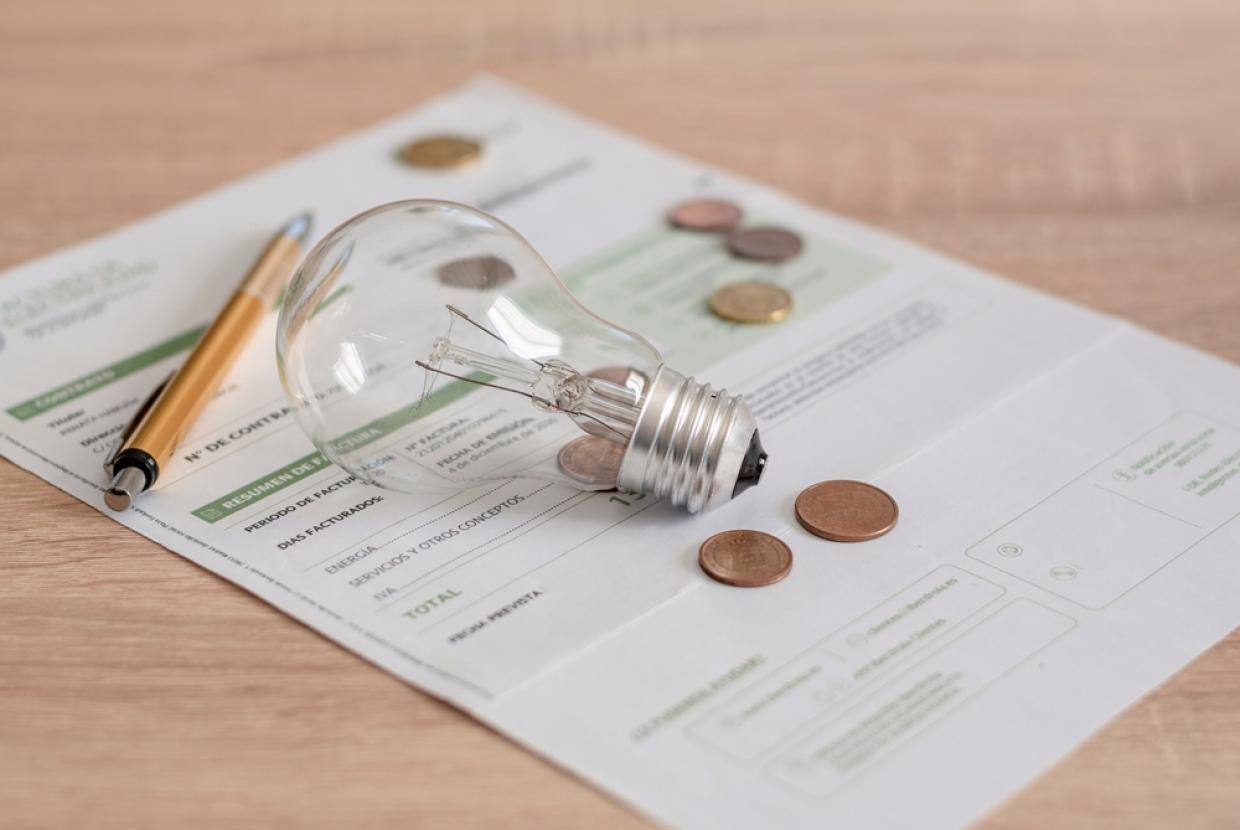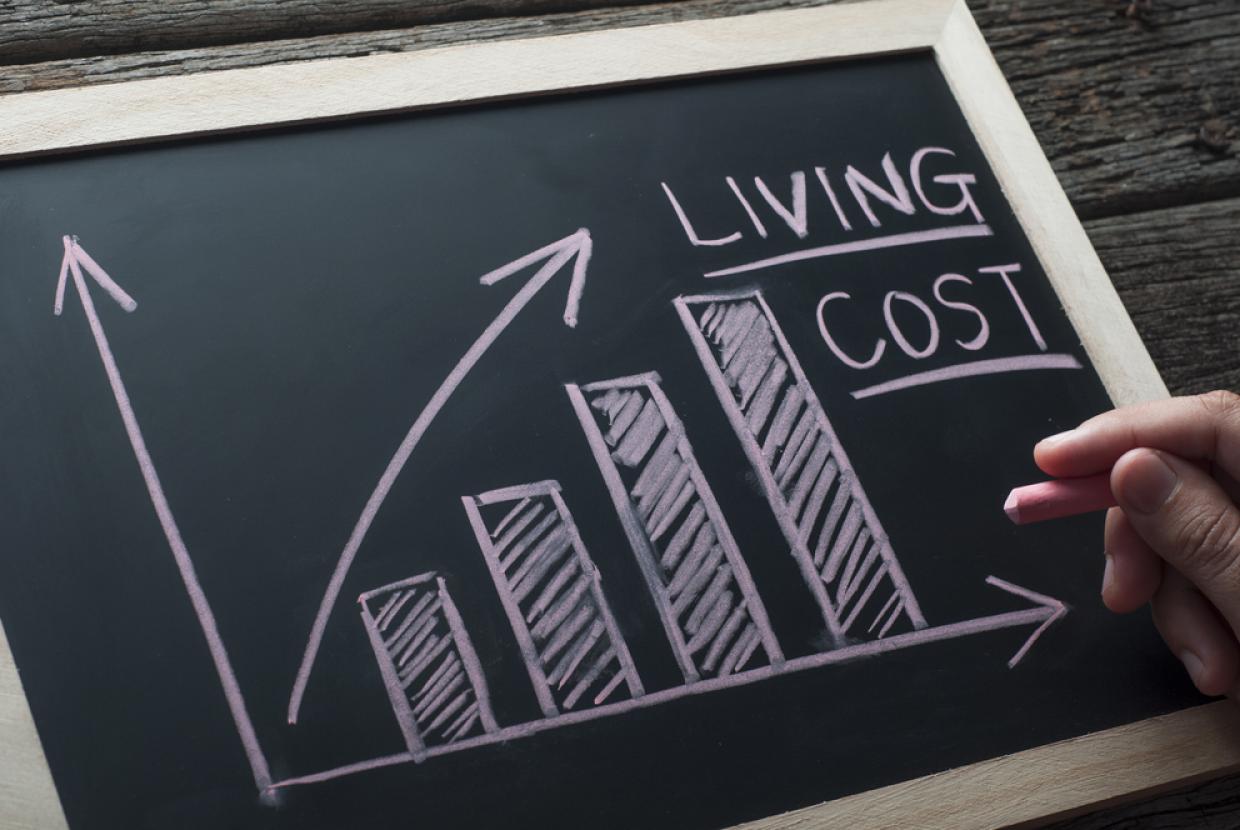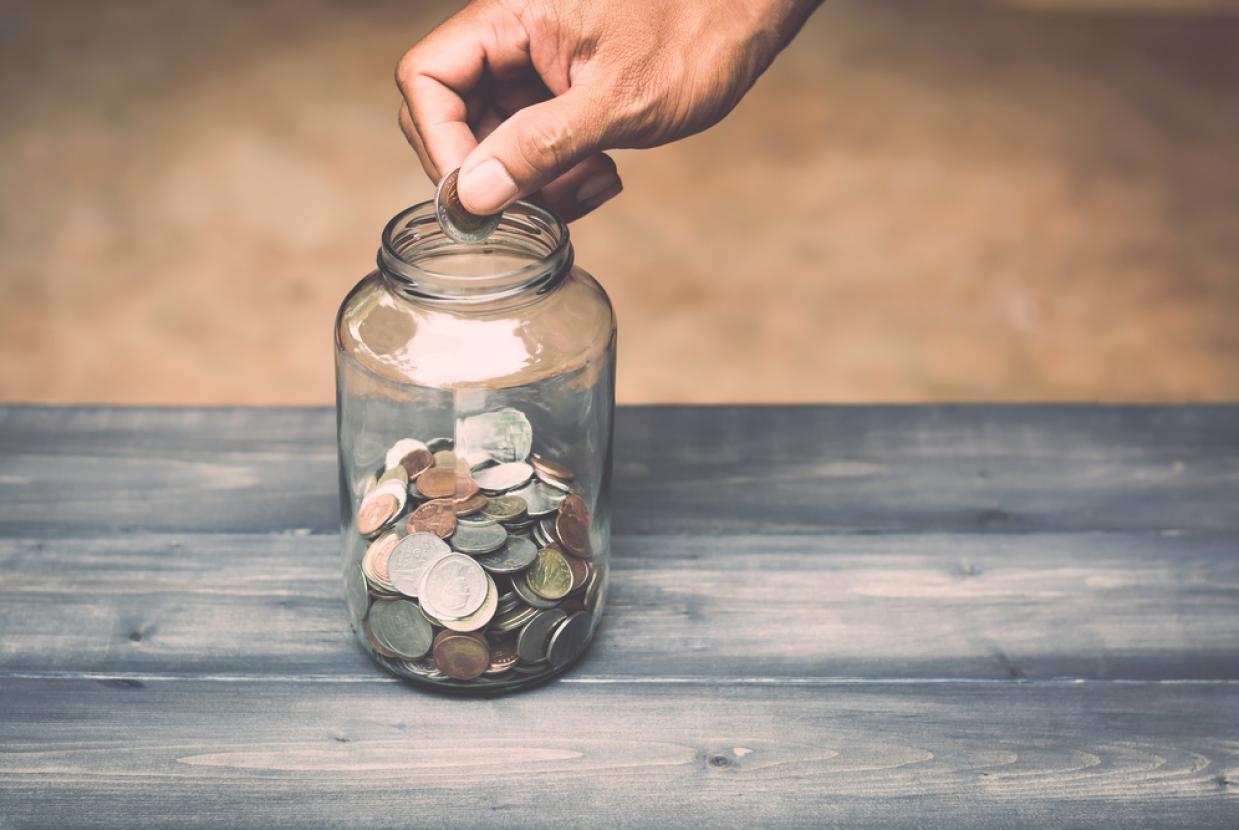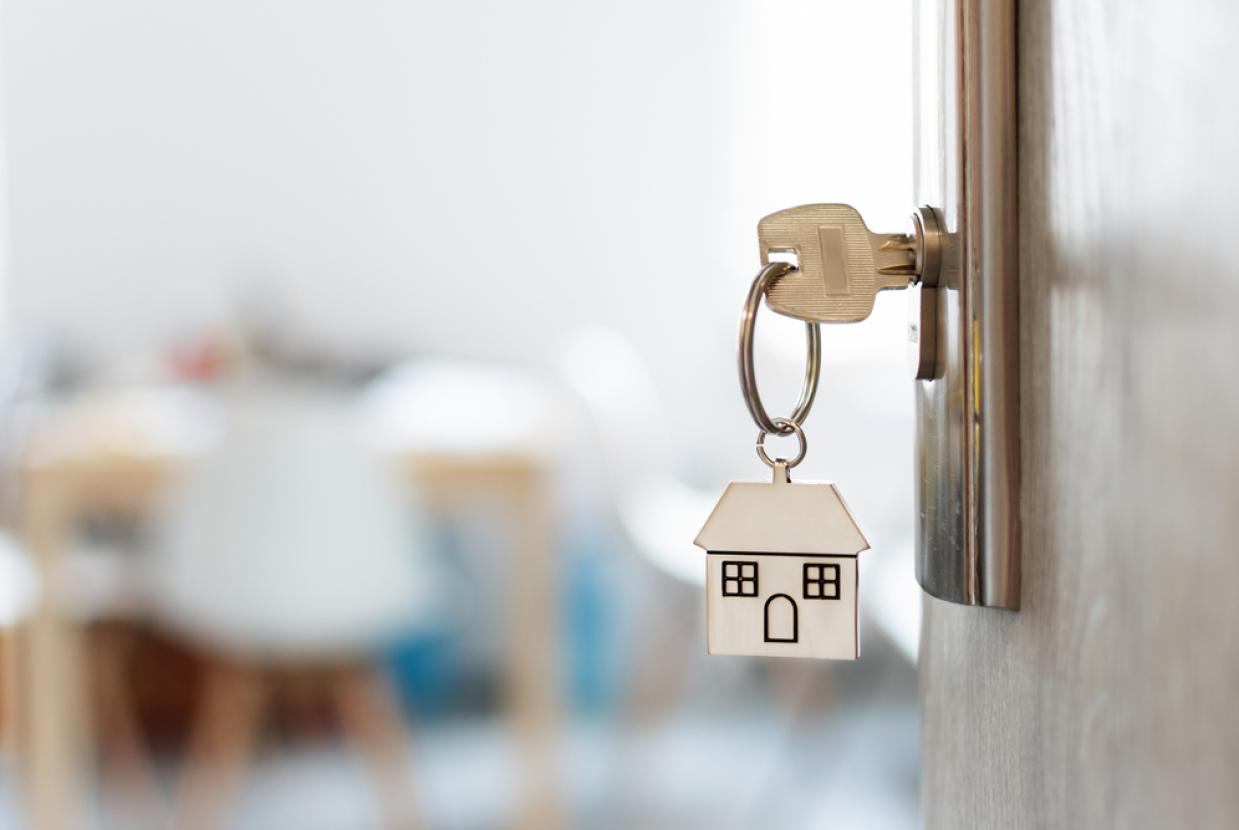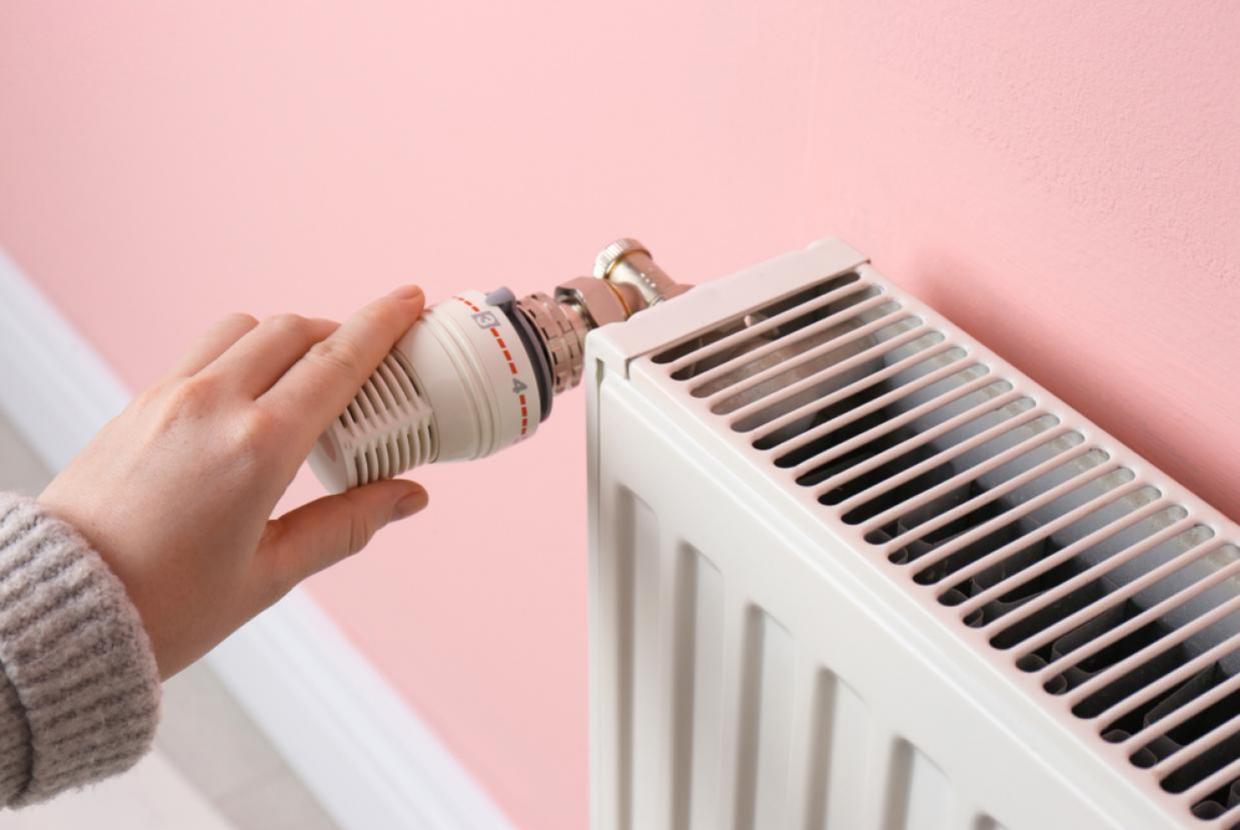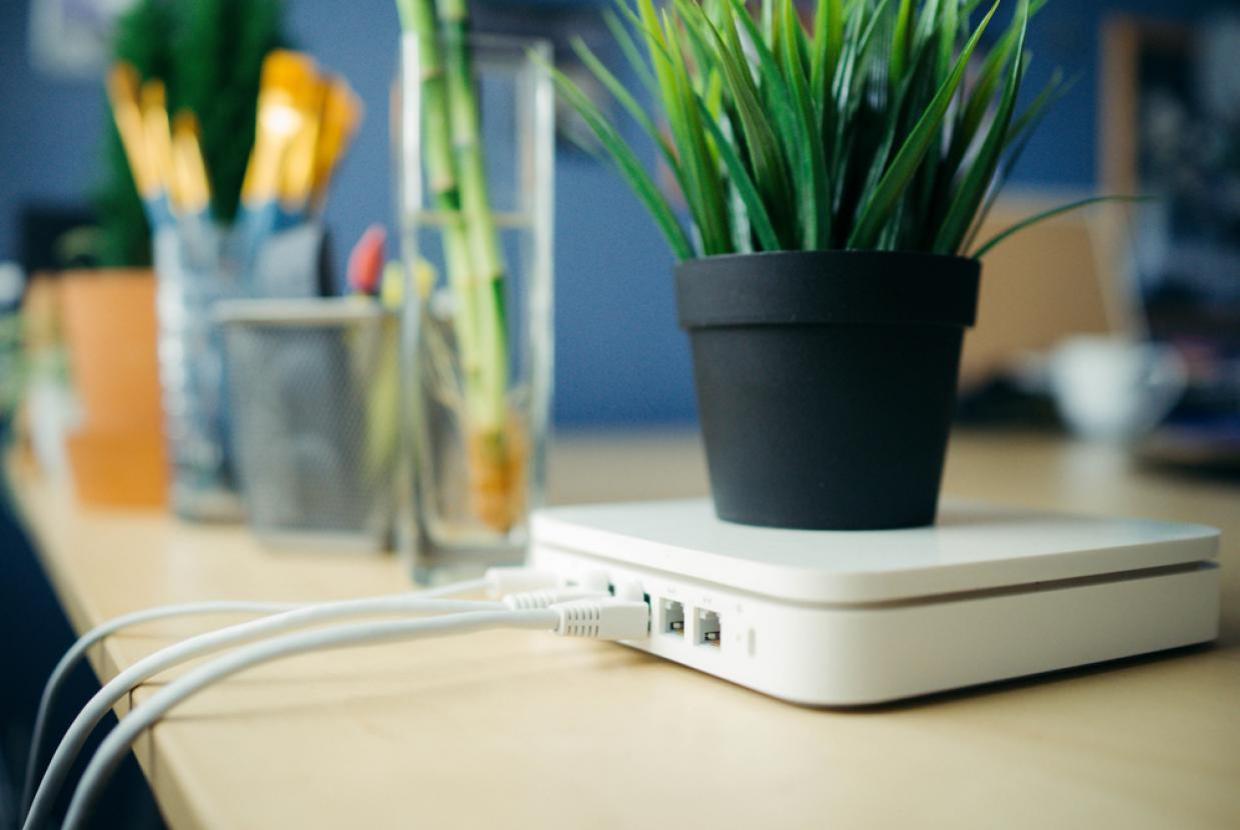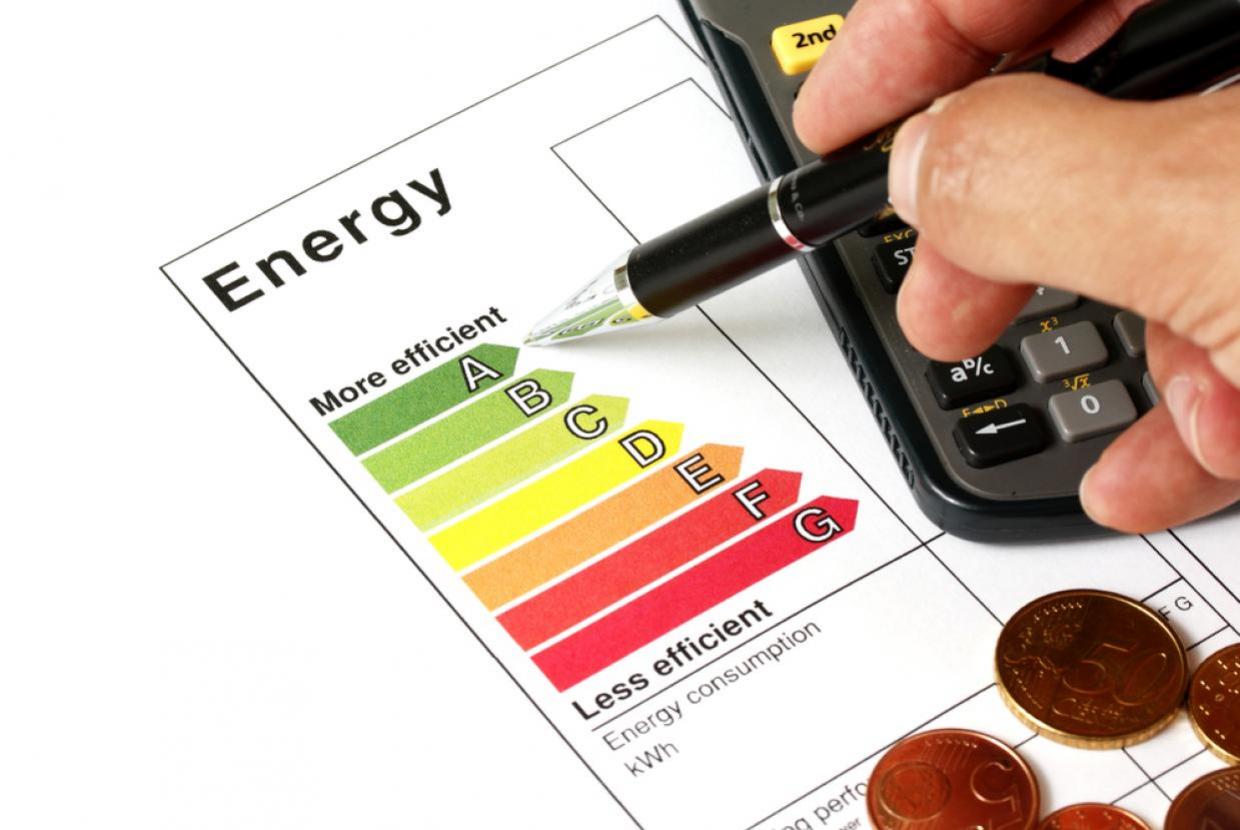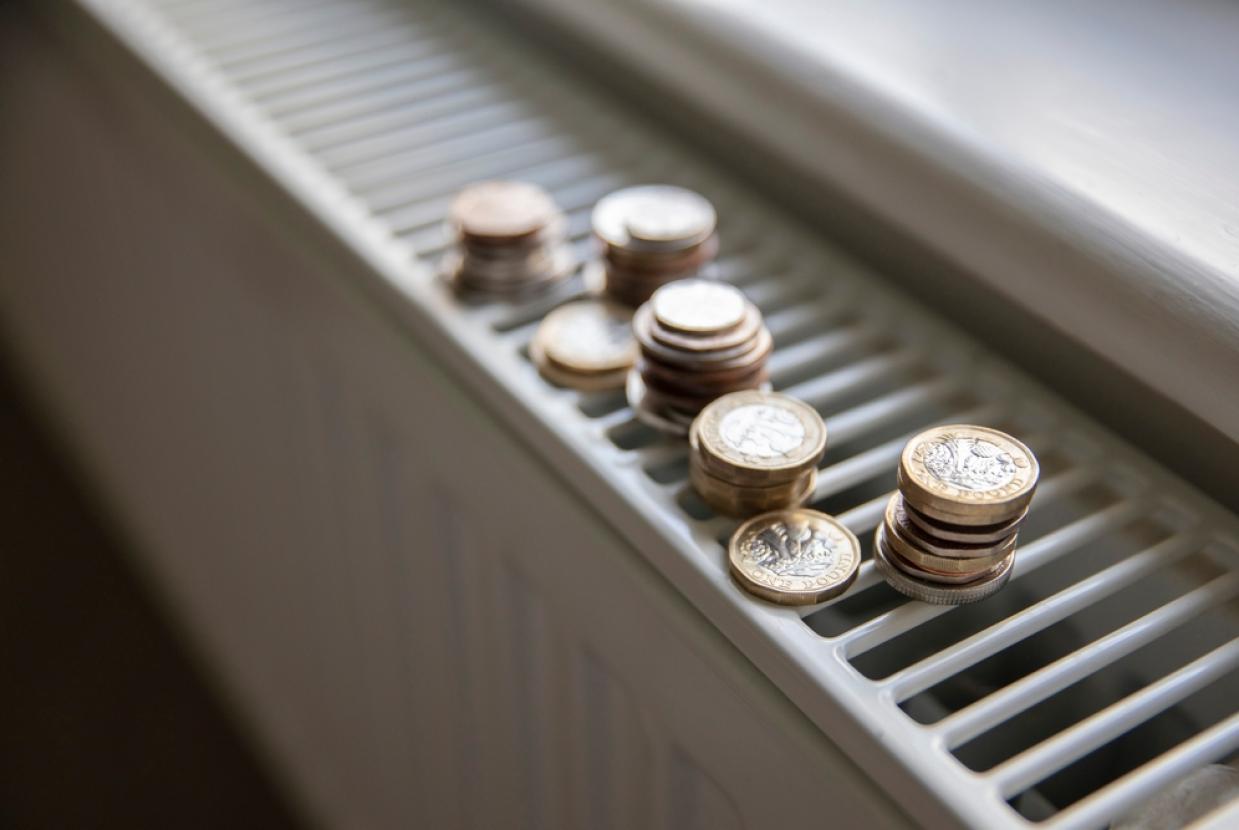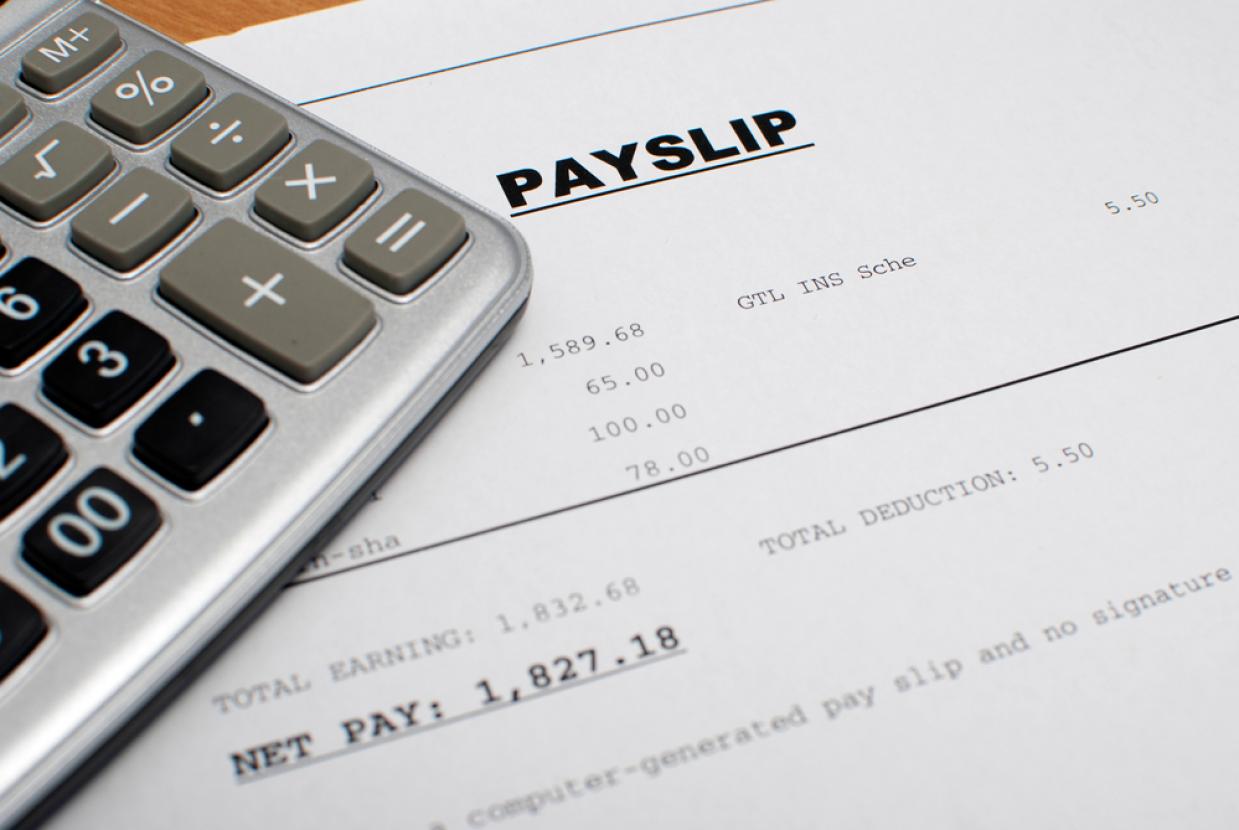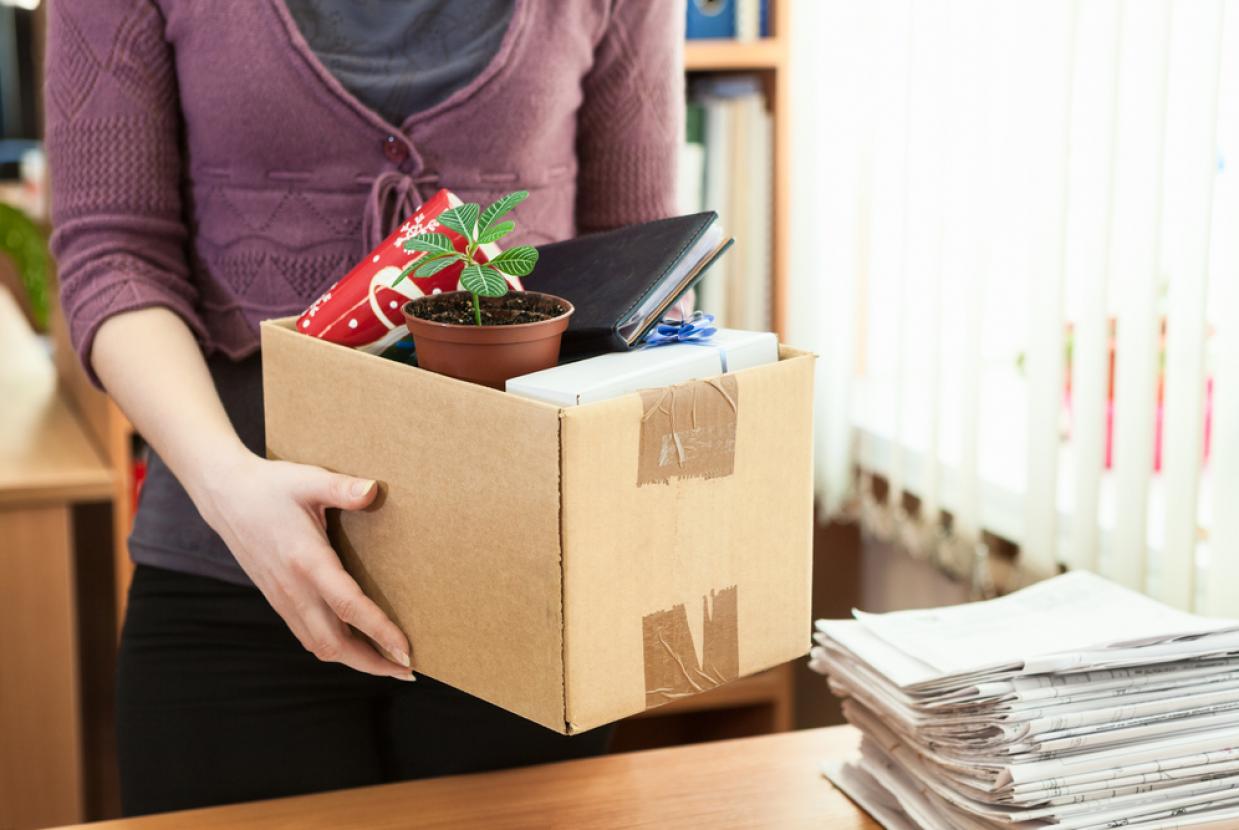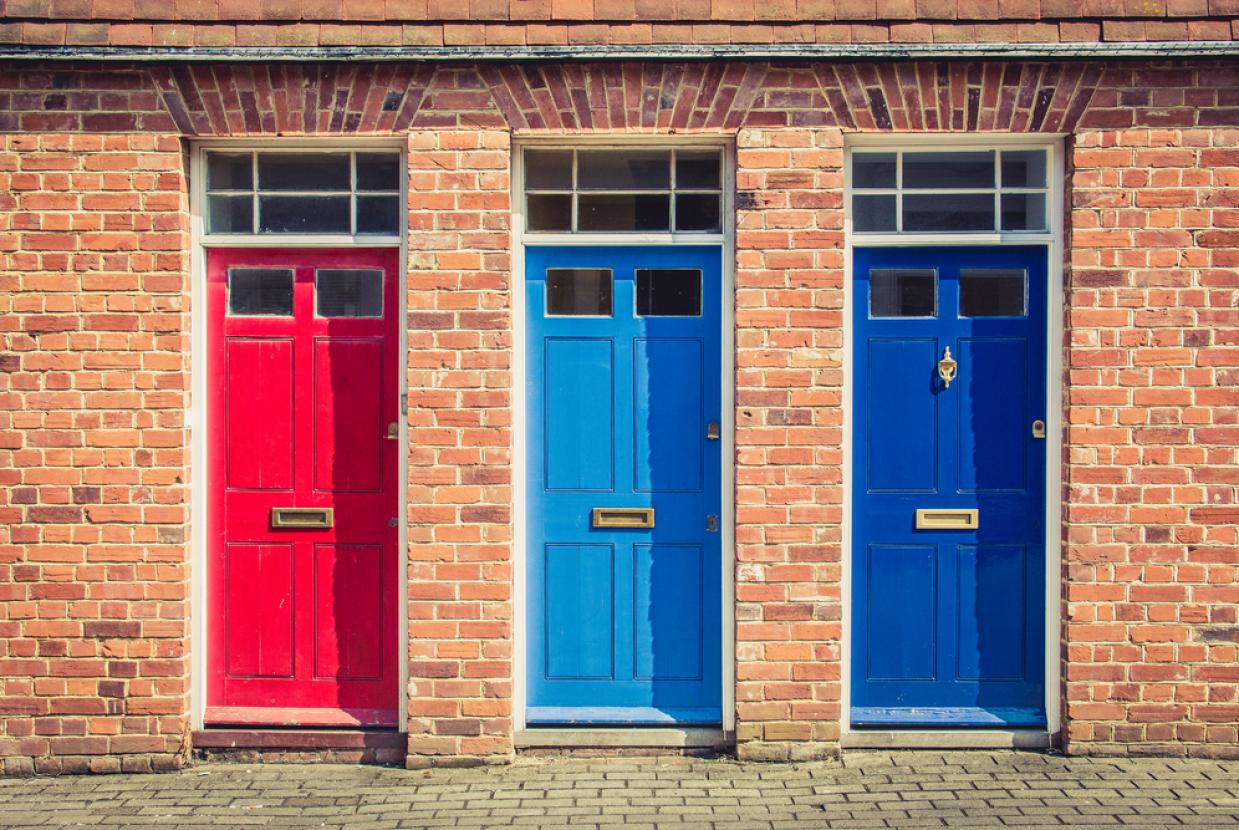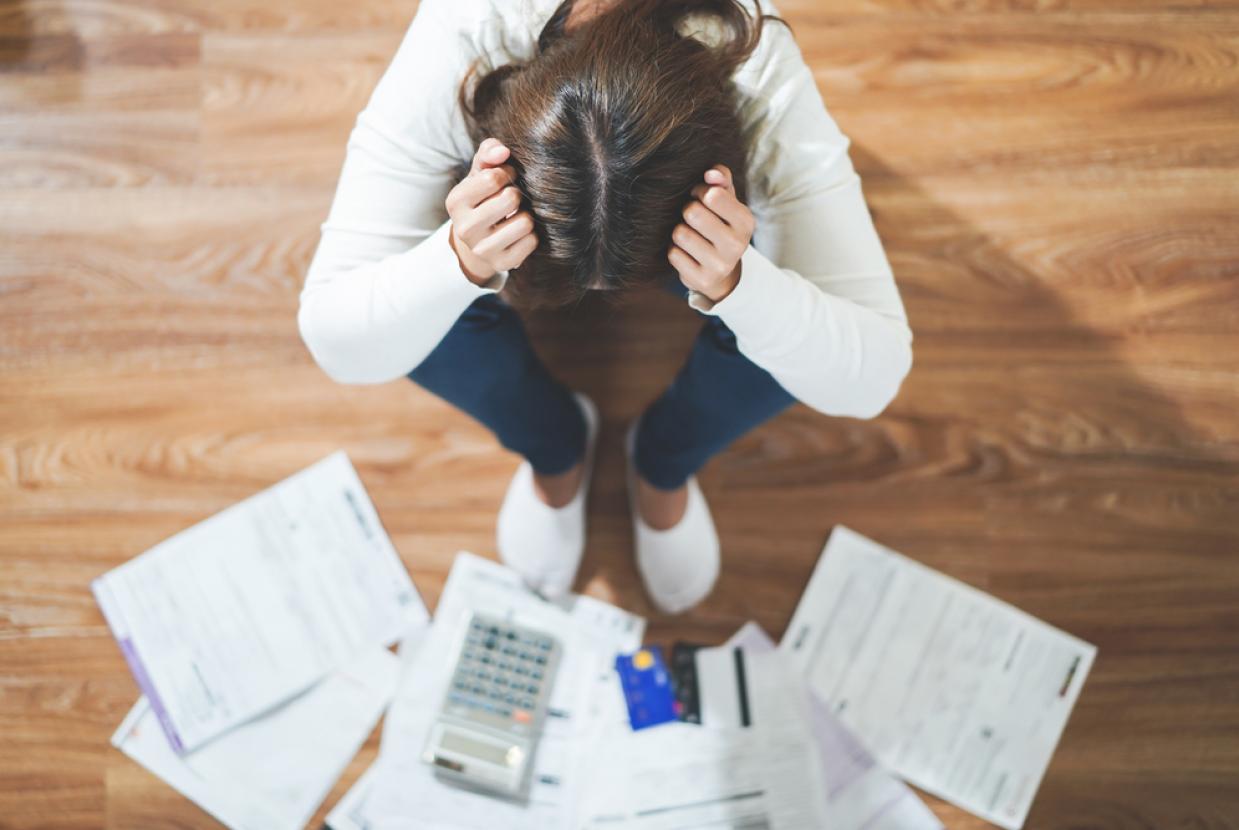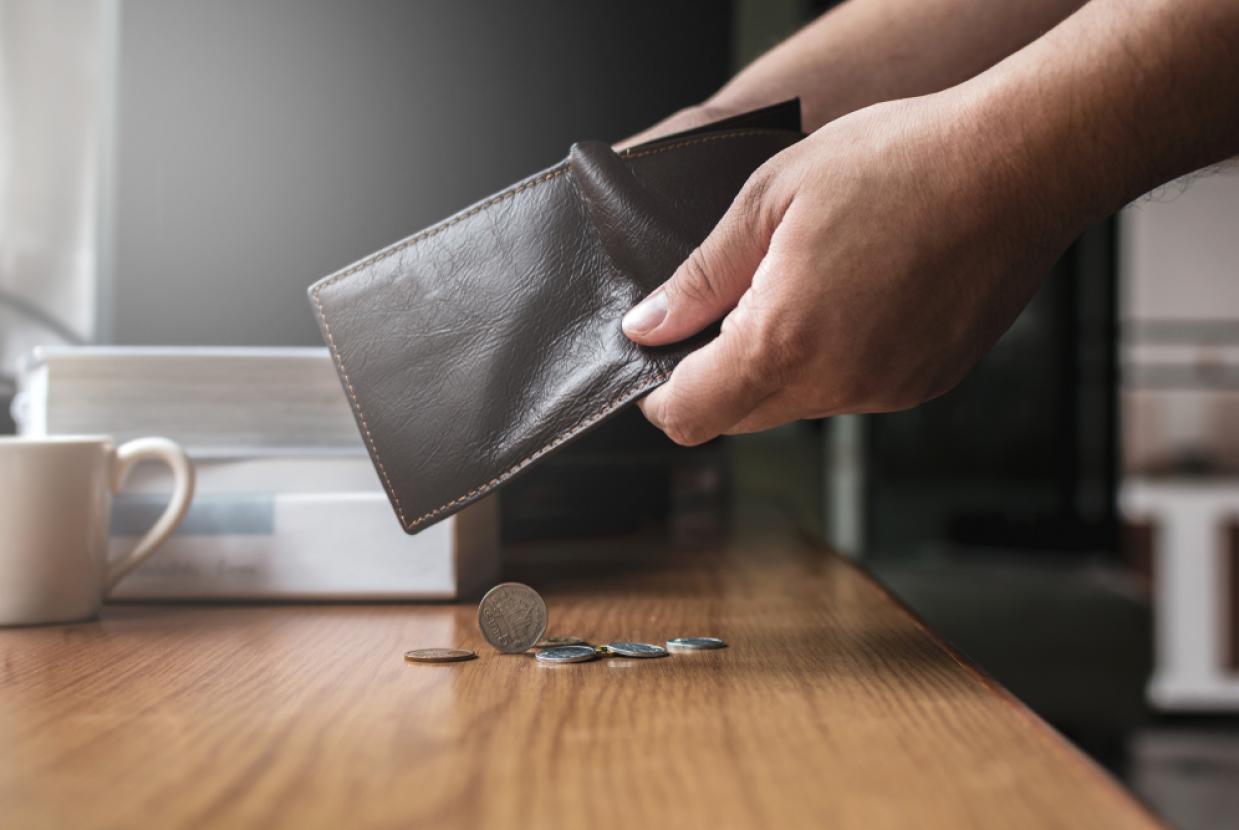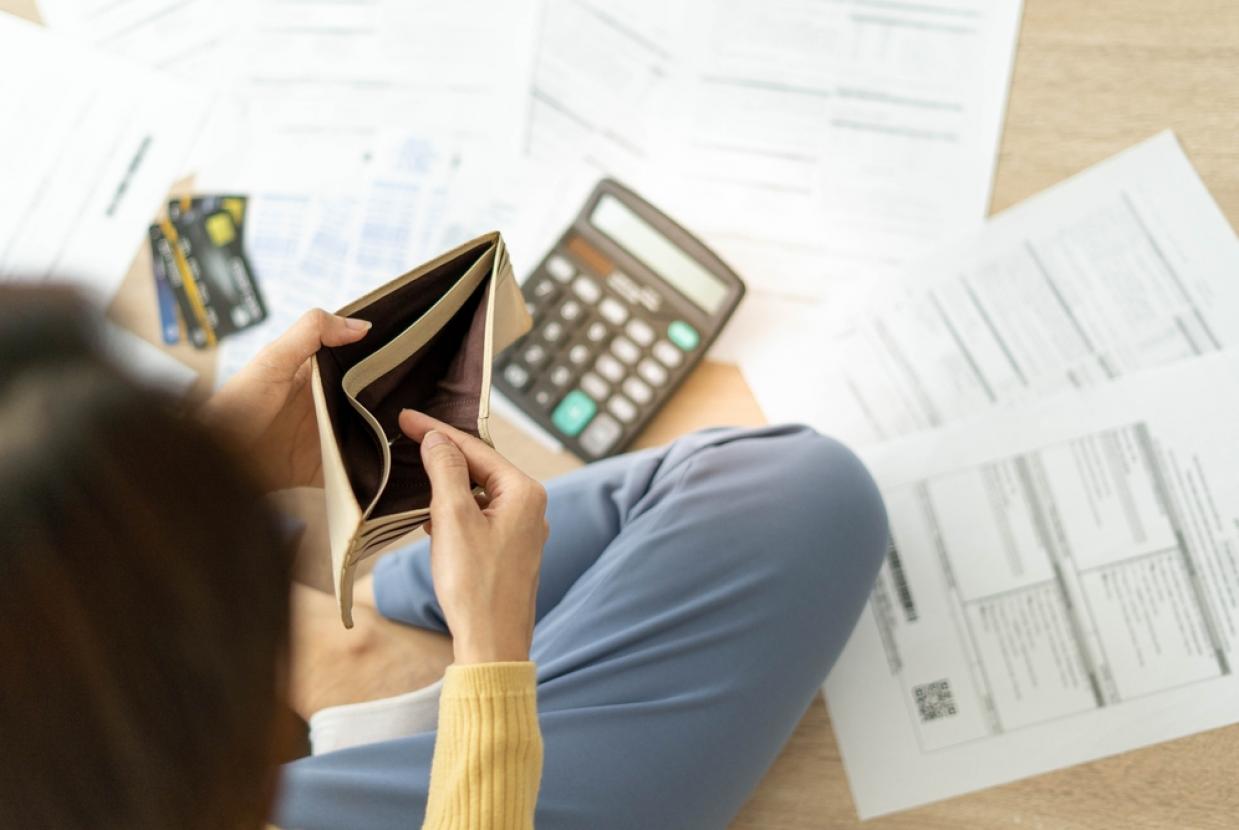Rising Energy Bills
For customers in England, Scotland and Wales, the Ofgem energy price cap means that a yearly energy bill for a household with average usage should be no more than £1,720.
The Ofgem price cap is now £1,720 a year. This is based on a household with typical usage on their supplier’s standard variable rate. So you might pay more or less than this, depending on how much energy you use and where you live.
The energy price cap covers the gas and electricity you use at home. It doesn’t apply to businesses or organisations.
What help is available for high energy bills?
Ofgem helps you find schemes, grants and benefits that will help with both the cost of bills and energy-saving measures.
If you live in England you can speak to Better Housing Better, Better Health to help find out what schemes area available in your local area
If you live in Scotland, find out what extra financial support you might get from Home Energy Scotland.
If you live in Wales, find out what extra financial support you could get from the Discretionary Assistance Fund. Find out about energy saving tips and home improvement grants
If you live in Northern Ireland, nidirect has energy saving tips
Use this checklist to keep costs down:
- compare prices and don’t be afraid to haggle
- consider joining or setting up an oil club to get further discounts
- ask about flexible payment options
- buy in the warmer months
- keep your tank well-maintained
- install an efficient boiler.
Claim all the benefits you’re entitled to (especially Pension Credit or Universal Credit) because these will help you get further assistance, including the Winter Fuel Allowance and the Warm Home Discount worth £150 a year.
If you’re on a prepayment meter
The energy price cap will be applied automatically by your supplier. There’s no need to apply and you won’t need any vouchers.
Currently, the price cap for prepayment meters is cheaper than those paying by Direct Debit. But it’s always worth checking if you’d pay less by switching to a standard meter. This is because there are sometimes Direct Debit tariffs less than the price cap.
Should I switch suppliers for a cheaper deal?
It’s worth checking if you can get cheaper energy bills by switching supplier or tariff (the deal you’re on).
You can compare energy deals using comparison sites, like:
- MoneySavingExpert’s Cheap Energy Club
- Which?
The comparison sites listed above only work in England, Scotland and Wales, if you’re in Northern Ireland you can find more information about the suppliers you can switch to on Which?
It’s usually cheaper to pay by monthly Direct Debit, rather than cash or cheque.
How can I save money on my energy bills?
Simple things like making sure you unplug phone chargers, not leaving devices on standby and using energy-efficient light bulbs are the first steps. Remember, if you use more, you’ll pay more.
You can also improve the energy efficiency of your home with double glazing and insulation.
What should you do if you think your Direct Debit amount is wrong?
As energy prices go up, your monthly payments might increase too. But you can always ask your supplier to change them, especially if:
- you think your payments are too high, and
- your account is already in a lot of credit.
In England, Scotland and Wales, energy suppliers should be able to explain why your Direct Debit amount is fair and reasonable. If they can’t, you can ask your supplier to refund some of your credit.
In Northern Ireland, energy companies are regulated by the Utility Regulator; if you think your bill is wrong speak to your provider or you can go to the Consumer Council for help.
MoneySavingExpert has a calculator to help you work out what your monthly payment should be
Winter energy bills are usually much higher than summer ones, so instead of charging you for what you use each month suppliers will often take your yearly usage and divide it into 12 chunks. This is to spread the cost more evenly. This could explain why you’re being charged for more than you’re using.
Check your bills are accurate by taking regular meter readings. If you have a smart meter your readings are sent off automatically.
What happens if my energy supplier goes out of business?
While it’s rare for a big energy supplier to go bust, lots of small energy companies have gone out of business in the past.
If this happens, the ‘Ofgem safety net’ makes sure you're not left without energy. The safety net moves you automatically to a new deal with a different energy supplier.
If your energy supplier has stopped trading, it’s important to not switch immediately. Instead, wait for your new provider to contact you. Your new supplier will be chosen by Ofgem, which can take several weeks.
If you're already in the process of switching, it will still go through.
Make sure you take a meter reading so that you’re ready for when your new supplier contacts you.
It’s also worth keeping old energy bills and waiting until your new supplier is appointed before cancelling any Direct Debits.
Citizens Advice has more information about what you can do if your account is in debt or in credit when your supplier goes bust.
What if I owe money or am in credit and my supplier goes bust?
Any credit on your account will be protected. The balance is transferred to your new supplier, who will pay you any outstanding credit – minus any energy you have used but not been billed for.
It’s important you don’t switch tariff or supplier until your account is moved to the new supplier. You might find it harder to get any money you’re owed if you switch before this happens.
If you owe money and your supplier goes bust, your debt will be transferred to the new provider and you’ll still have to pay.


